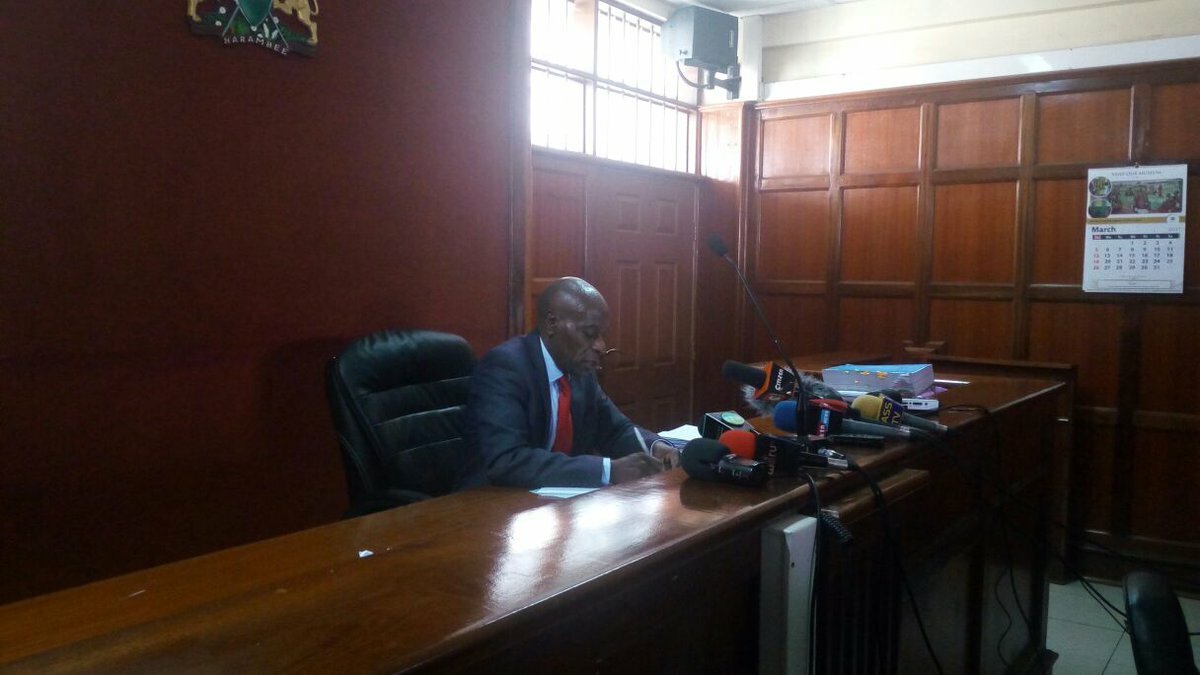Parliament directed to enact gender rule or be dissolved
By Lilian Atieno/Ben Chumba
The fate of the current parliament hangs in the balance following a court ruling ordering MP’s to enact the two thirds gender law in sixty days or risk exposure to early dissolution.
High court Judge John Mativo faulting parliament for failing to meet the five year constitutional deadline, cautioned MP’s if they failed to adhere to the two month window period to enact the law, any Kenyan could petition the courts to have parliament dissolved.
The court ruling that comes barely two months to the dissolution of parliament to pave way for the August polls.
In a rejoinder, National Assembly Majority leader Aden Duale says it is impractical to implement the two-thirds gender rule in 60 days.
He describes the directive by the court as an exercise in futility.
The promulgation of the constitution in 2010 was hoped to provide the impetus women needed to be relevant in the country’s political matrix.
However seven years down the line the implementation of Article 27 and 81 of the constitution which had a five year deadline for enactment remains elusive.
The journey to its implementation has being marked with parliament postponing its enactment by one year which later resulted in no deal after five attempts to have MP’s adopt different versions of the bill.
It was also characterized with heated board room discussions, political intrigues, and court battles.
The matter eventually returned to court after a final attempt to push the law in the senate collapsed early this year due to lack of quorum.
Justice Mativo ruled the failure to enact the law negated gains made in affirmative action and promoting women’s rights
In his verdict Justice Mativo directed the Attorney General liaise with parliament and give a progress report in two months.
The petitioners argued if parliament failed to enact the law before the polls it is likely that the next parliament would not be legally constituted if one of either gender doesn’t have one third representations.
The Kenya Human Rights Commission and the Federation of Women Lawyers were listed as interested parties in the case while the National Gender and Equality Commission and the Law Society of Kenya joined the case as friends of the court.
But as the fate of the gender law remains in limbo, it is not lost that the ruling by justice Mativo, may be time barred in offering a solution to enactment of the two third gender law, as the current parliament is set to be dissolved in two months time to pave way for the august polls.
Should this happen the likely scenario is the new parliament elected after August 8th will have an additional 5 years to deliberate and pass the law.





